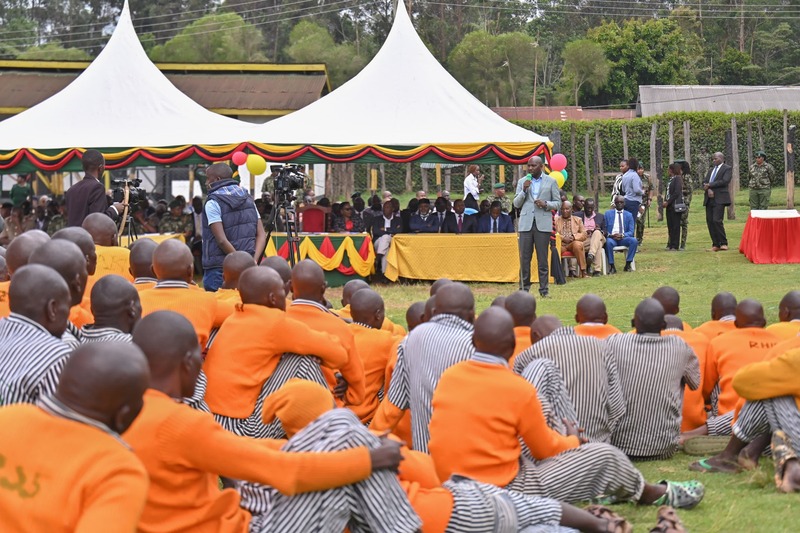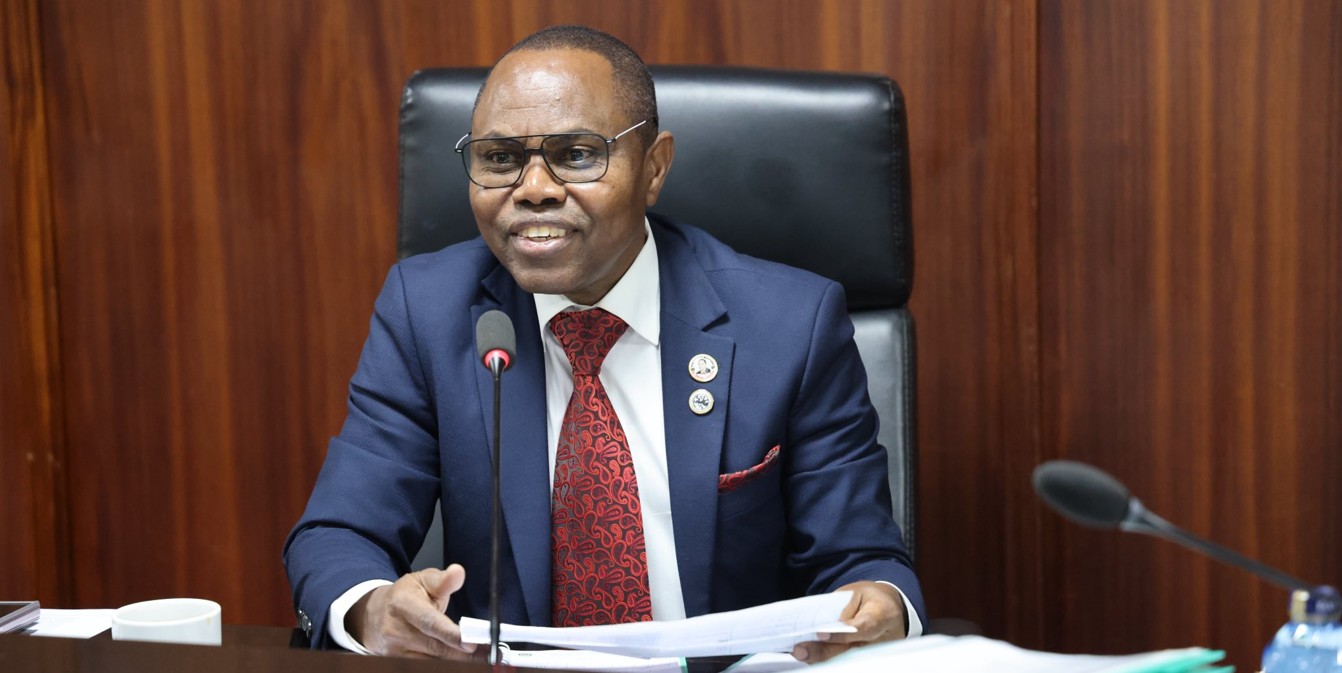2024 KCSE learners urged to explore TVET as alternative route to jobs, entrepreneurship

The system allows for gradual certification, enabling students to enter or return to the job market as they progress through their training.
Learners who sat for the 2024 Kenya Certificate of Secondary Education (KCSE) but missed out on university admission have been urged to consider Technical and Vocational Education and Training (TVET) as a viable pathway to employment and entrepreneurship.
This follows the government’s implementation of the modular Competency-Based Education and Training (CBET) curriculum in TVET institutions, designed to equip learners with hands-on skills and industry-relevant training.
More To Read
- Education CS Julius Ogamba announces major shake-up in public university leadership
- Audit exposes gaps in university funding, shows how deserving students miss out
- Health ministry unveils strict measures to restore order in nursing internship programme
- Report exposes funding gaps, staff shortages and infrastructure failures in schools
- KMTC results released, applicants urged to confirm KUCCPS placement
- HELB turmoil deepens as Chairperson Ekwee Ethuro, CEO Geoffrey Monari clash over Sh12.9 billion shortfall
The system allows for gradual certification, enabling students to enter or return to the job market as they progress through their training.
Dr Agnes Wahome, Chief Executive Officer of the Kenya Universities and Colleges Central Placement Service (KUCCPS), mentioned that the application window for course placement and revision had been reopened to give students another chance to secure training opportunities.
She clarified that university admission letters outlining programme costs are often misunderstood. “These letters indicate the institutional costs, not the amount parents are expected to pay. Once learners apply for funding, they should wait for communication from the Higher Education Loans Board (HELB) and the University Fund regarding their financial obligations,” Dr Wahome explained.
She reassured parents that government interventions had significantly lowered tuition fees for some degree programmes by as much as 40 per cent, easing the financial burden on households.
Dr Wahome expressed concern over Mombasa’s KCSE performance, noting that only about 12 per cent of candidates qualified for university, well below the national average of 25 per cent.
“The region presented around 10,000 candidates. If we fail to support these youths, we risk losing them to drugs, alcohol, and crime,” she warned.
She encouraged young people to take up TVET courses, highlighting their flexibility and modular structure, which allows learners to study while working.
Mombasa Changamwe MP Omar Mwinyi emphasised the significance of TVET in bridging the unemployment gap, citing the diminishing availability of white-collar jobs.
He applauded the government's initiative to establish TVET centres in all 290 constituencies and its vision to have two million youths enrolled by the end of 2025.
“Technical and vocational education is not a last resort. It is a practical route to self-employment and a sustainable livelihood,” said Mwinyi, urging students to embrace vocational paths, especially in the maritime sector.
He pointed to the Blue Economy as a promising frontier for job creation.
The legislator further called on education officials and stakeholders in the Coast region to jointly investigate the reasons behind persistent poor performance in national exams.
He challenged regional and county education directors to aim for excellence, stressing that weak academic outcomes could restrict opportunities for future generations.
Top Stories Today










































